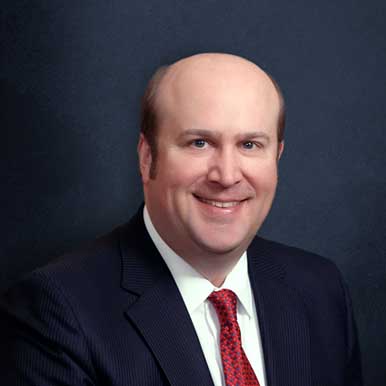Race to Justice: Labor Code Section 925 Allows Suits in Multiple Venues
March 31, 2022 | Litigation Articles, Employment Articles

A recent change in California law aimed at helping employees litigate their claims in this state was just expanded by California’s Court of Appeal.
California Labor Code section 925, which went into effect in 2017, was immediately recognized as a significant protection to Californian employees. Section 925 entitles an employee who resides in California to have his or her causes of action against the employer tried in California, notwithstanding a forum selection clause in their employment agreement. Now, the true scope and consequence of this law is being realized. A recent appellate decision, in a case called LGCY Power, LLC v. The Superior Court of Fresno County, holds not only that section 925 provides an exception to California’s compulsory cross-complaint statute, but that the Constitution’s Full Faith and Credit Clause does not compel California courts to apply the compulsory counterclaim statutes of other states. This means that employers who bring lawsuits against California-based employees in another state may not be able to avoid litigation in California with that same employee. California employees who satisfy the three threshold requirements of section 925 can bring a concurrent lawsuit in California, essentially creating a race to judgment.
LGCY Power is a Utah company that sells residential solar energy systems. Michael Sewell and other former LGCY executives and managers left LGCY and formed a competing company. LGCY brought suit in Utah against all former executives and managers, alleging breach of their employment agreements. Most of the defendants filed a joint cross-complaint. Sewell, who resides in California, did not join the cross-complaint, but instead filed a new complaint in the Fresno County Superior Court alleging virtually identical claims as his co-defendants. LGCY demurred, arguing that the California action was barred both by California’s and by Utah’s compulsory cross-complaint statutes. The Superior Court overruled the demurrer and LGCY asked the Court of Appeal to reverse its decision.
On appeal, LGCY argued that the trial court erred in overruling the demurrer for three reasons. First, section 925 does not apply to Sewell since the threshold requirements of section 925 are not met. Second, the Full Faith and Credit Clause of the United States Constitution required the Superior Court to give effect to Utah’s compulsory cross-complaint statute. That statute barred Sewell’s claims since he failed to bring them in the Utah action. Third, Sewell’s claims are compulsory counterclaims under California’s compulsory cross-complaint statute and, as such, his claims are similarly barred for failure to assert them in Utah.
The Court of Appeal rejected these arguments. The Court first emphasized that section 925 applies whenever all three threshold requirements are met. To begin, the contract must be entered into, modified, or extended on or after January 1, 2017. Section 925 also only applies to an “employee” who enters into an “employment relationship” with an “employer.” Finally, the Court held that the employee must manifest an intent to void his employment agreement. Here, the Court of Appeal found that Sewell met all three threshold requirements.
Second, the Court found that Sewell’s claims are not compulsory counterclaims under California law because section 925 provides an exception to California’s compulsory cross-complaint statute. The court emphasized that despite failing to reference the compulsory counterclaim statute, section 925’s language conveys that the statute is intended to act as an exception since the statute was intended to apply in every case or controversy in which its threshold requirements are met.
Third, the Court of Appeal found that the Full Faith and Credit Clause did not compel the Superior Court to give credit to Utah’s compulsory cross-complaint statute because the clause compels deference to only judgments, not to the procedural laws of other states. Since there is no judgment in Utah yet, the Superior Court was not obligated to enforce Utah’s compulsory counter-claim statute in the case filed here in California.
The holding in this case permits essentially identical actions in California and Utah to move forward simultaneously. This is not only an expensive resolution for the employer, but it also leaves the door open for future conflicts. One of these cases will necessarily be resolved first. When this happens, questions about whether the other case can proceed in whole or in part will be presented. Employers should be forewarned: bringing suit in another state against a Californian employee, who can satisfy the requirements of section 925, opens the door for concurrent litigation and a race to judgment.
If you have questions or concerns about these or similar issues, please reach out to the authors or any of the attorneys at Boutin Jones.
Subscribe to our Blogs
Get notified when new posts are published.
